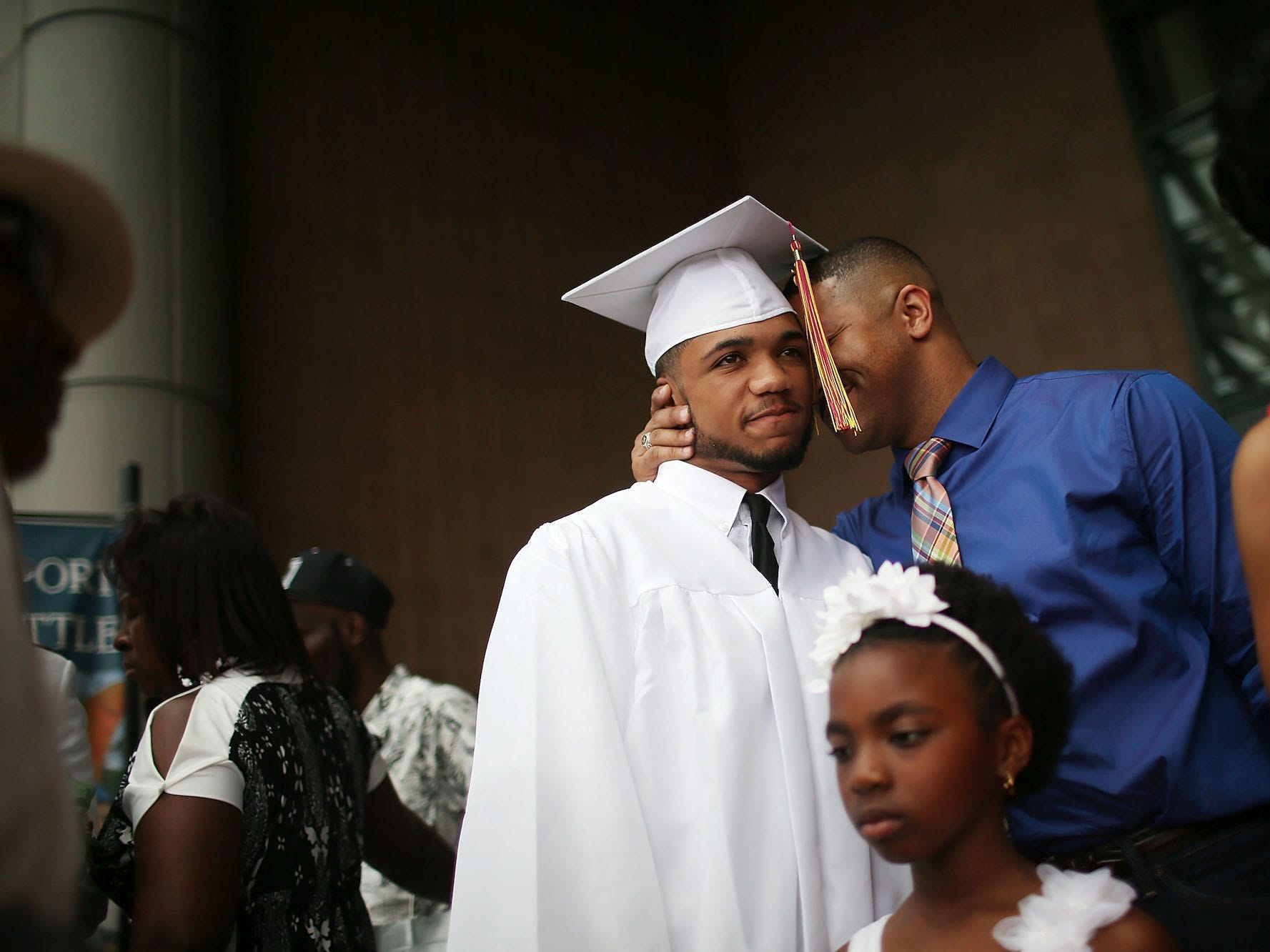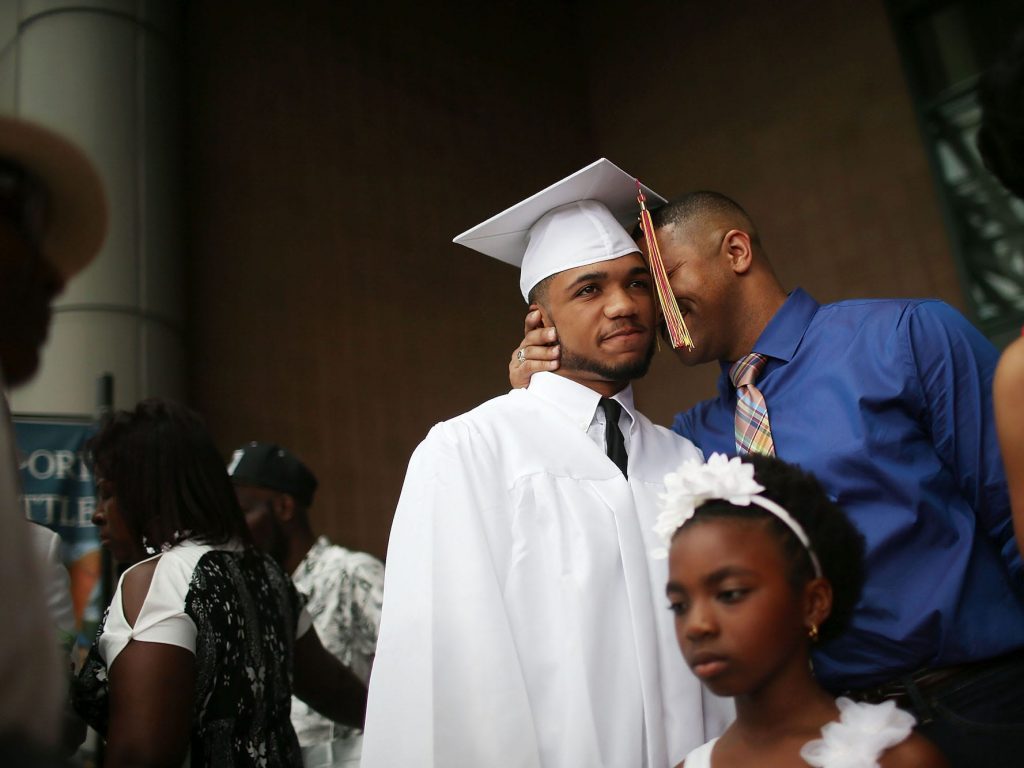
- The Student Borrower Protection Center found for-profit schools are targeting minority communities.
- In majority-Black zip codes, for example, for-profits are 75% more likely.
- Those communities also bear a disproportionate student debt burden, partly due to predatory for-profits.
- See more stories on Insider's business page.
Over the past decade, a number of for-profit schools have shut down over accusations of misleading students and leading them to take on more debt than they can pay off. A recent report found those schools target minority communities that were already disproportionately burdened by student debt.
The Student Borrower Protection Center, which advocates for borrowers' rights, released a report last month that found for-profit schools disproportionately plant themselves in minority communities and engage in predatory practices, leaving those students worse off than when they started. One year into the pandemic, half of Black households and 60% of Latino households reported a loss of income, and over a third of Black and Latino renters were concerned about their ability to pay rent.
"These are the conditions under which predatory colleges can thrive, by aggressively pursuing workers and potential students looking to regain some semblance of financial stability," the report said.
Main findings from the report included:
- Majority-Black zip codes are 75% more likely to have for-profit schools;
- Majority-Latino zip codes are 110% more likely to have for-profit schools;
- And majority-white zip codes are 30% less likely to have for-profit schools.
The report also analyzed how for-profits cluster in minority communities by taking a look at cities in the Midwest, and in Indianapolis, for example, the area with densest Latino populations have 21 times more for-profit colleges than areas with the densest white populations.
"The geography of for-profit institutions is no coincidence, and is indicative of reverse redlining, the practice of offering unfair or predatory terms to entire communities and protected classes; in this case, for-profits target their suboptimal products and services to communities with the largest share of Black and Latino residents," the report said.
The Student Borrower Protection Center outlined a series of recommendations to protect minority communities from predatory for-profits, including having the Consumer Financial Protection Bureau increase its oversight over the schools, along with having states and cities step in to hold the schools in their areas accountable.
Student debt disproportionately burdens borrowers of color
In April, 36 civil rights organizations released civil-rights principles detailing the benefits that student-debt cancellation would have on Black borrowers. The organizations, including the NAACP, wrote that Black borrowers typically owe 50% more student debt than white borrowers, and four years later, Black borrowers owe 100% more.
HUD Secretary Marcia Fudge even acknowledged this, telling Axios in June that poor people and people of color hold the most student debt, requiring reform.
"Who has student debt? Poor people, Black people, brown people," Fudge said. "We're the people who carry most debt. And so the system's already skewed toward us not being creditworthy."
For borrowers defrauded by for-profit schools and burdened by student debt, though, relief may soon be more accessible. The Education Department announced on Tuesday that going forward, all borrowers with approved claims will be entitled to full relief "as a starting point," unless evidence suggests otherwise.
"The evidence is overwhelming," the report says. "The toxic combination of the racial wealth divide and the presence of low-quality institutions that load students with debt and offer little in return has perpetuated a crisis across the country, felt most acutely by borrowers and families of color whose only fault was trying to get an education."
